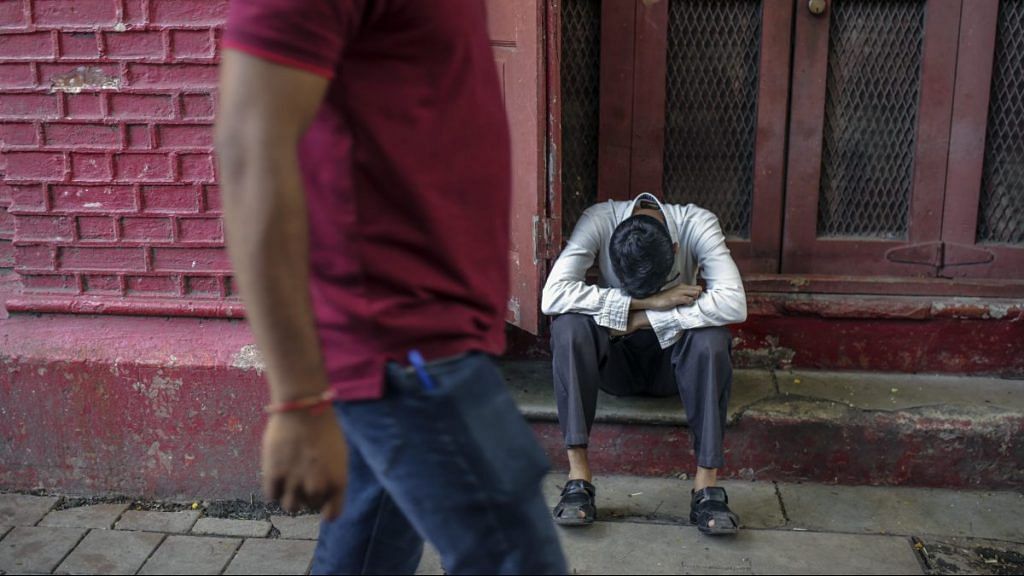New Delhi: India will borrow an additional Rs 4.2 lakh crore in the current financial year, in an indication that the fiscal deficit for 2020-21 will be much higher than the budgeted 3.5 per cent of gross domestic product.
“The estimated gross market borrowing in the financial year 2020-21 will be ₹12 lakh crore in place of ₹7.80 lakh crore as per BE 2020-21. The above revision in borrowings has been necessitated on account of the COVID-19 pandemic,” said a government statement.
The additional borrowing comes at a time the coronavirus pandemic and the resultant lockdown has led to a halt in economic activity. This has led to a sharp contraction in tax revenues at a time expenditure has been increasing to battle the pandemic.
The statement added that between 11 May and 30 September, the government will borrow Rs 6 lakh crore from the market or an average of Rs 30,000 crore per week until 30 September.
Care ratings estimated that the increased borrowings could mean a fiscal deficit ratio of around 5.5 per cent. It pointed out that both tax collections, non-tax collections from dividend and disinvestment targets will be difficult to attain. Added to that, with falling GDP growth, there will be further pressure on the fiscal deficit ratio.
“There are clear signs of government finances being affected by the shutdown as revenue has ebbed and expenditure pressure will be there through the year even after the lockdown is withdrawn. A takeaway is that this also means that at present, there is no intention of RBI lending directly to the government,” the report said adding that an upward pressure on bond yields may be seen.
Typically, a higher supply of government debt increases bond yields effectively increasing the borrowing costs of the government.
‘Upward revision in government’s borrowings was inevitable’
Aditi Nayar, Principal Economist at ICRA Ltd, a rating agency said that the upward revision in the central government’s borrowings “although sharp, was inevitable given the estimated extent of revenue loss following the lockdowns related to the Covid-19 pandemic”.
She added that higher borrowings are likely to push up yields, unless RBI intervenes through different instruments like purchasing government securities through open market operations to absorb a part of the higher issuance.
Higher yields could crowd out borrowings by state governments and corporates, she added.
Also read: Rural economy showing positive signs, but lockdown must be lifted for recovery: SBI chairman
